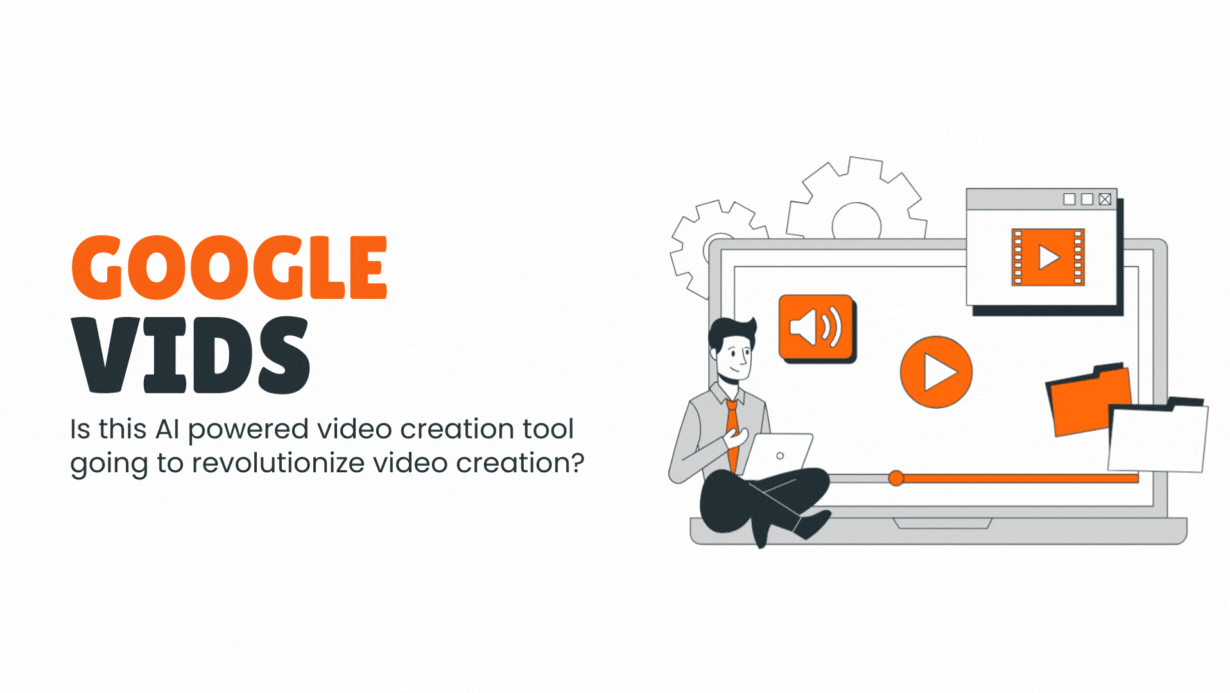Introduction
Digital marketing has become the backbone of modern business strategies, enabling brands to connect with their audiences in ways that were unimaginable just a few decades ago. From the early days of simple banner ads to today’s sophisticated, data-driven campaigns, the evolution of digital marketing has been nothing short of revolutionary. As businesses navigate this dynamic landscape, partnering with a digital marketing agency has become essential to stay competitive and relevant.
In this article, we’ll take a deep dive into the history of digital marketing, explore the latest trends shaping the industry, and look ahead at what the future holds. Whether you’re a business owner or a marketing professional, understanding these developments will help you stay ahead of the curve.
1. The Early Days of Digital Marketing
1.1 The Birth of Digital Marketing
The story of digital marketing begins in the 1990s, when the internet started gaining traction. The first banner ad appeared in 1994, and email marketing quickly became a popular way to reach customers. Websites were basic, and the focus was primarily on establishing an online presence rather than engaging users.
1.2 The Shift from Traditional to Digital
Before the internet, businesses relied on traditional marketing methods like TV, radio, and print ads. While these methods were effective, they lacked the precision and measurability of digital marketing. As the internet grew, businesses began to realize the potential of online platforms for reaching wider audiences at a lower cost. This marked the beginning of a seismic shift from traditional to digital marketing
2. Key Milestones in Digital Marketing Evolution
2.1 The Rise of Search Engines and SEO in Digital Marketing
The launch of search engines like Google in the late 1990s changed the game entirely. Businesses quickly realized the importance of ranking high on search engine results pages (SERPs), giving birth to search engine optimization (SEO). Digital marketing agencies began specializing in SEO, helping businesses optimize their websites to attract organic traffic.
2.2 The Social Media Boom
The 2000s saw the rise of social media platforms like Facebook, Instagram, and LinkedIn. These platforms opened up new avenues for brands to engage with their audiences. Social media marketing became a cornerstone of digital strategies, allowing businesses to build communities, share content, and run targeted ads.
2.3 The Mobile Revolution
With the advent of smartphones, the way people accessed the internet changed dramatically. Mobile-first marketing became a priority, and businesses had to ensure their websites and content were optimized for smaller screens. Apps and mobile ads became key tools for reaching on-the-go consumers.
2.4 The Era of Data-Driven Digital Marketing
The introduction of analytics tools like Google Analytics revolutionized how marketers approached their campaigns. Data-driven marketing allowed businesses to track user behavior, measure campaign performance, and make informed decisions. Personalization became possible, enabling brands to deliver tailored experiences to their audiences.
3. Current Trends in Digital Marketing
3.1 Artificial Intelligence (AI) and Automation
AI is transforming digital marketing by enabling hyper-personalization and automation. Chatbots provide instant customer support, while AI-powered tools analyze data to predict consumer behavior. A digital marketing agency can leverage AI to optimize ad targeting, create dynamic content, and improve ROI.
3.2 Content Marketing and Storytelling
Content remains king in the digital marketing world. High-quality, engaging content helps brands build authority and connect with their audiences. Video content, blogs, and interactive media are particularly effective in capturing attention and driving engagement.
3.3 Voice Search Optimization
With the growing popularity of voice assistants like Alexa and Siri, voice search is becoming a critical focus area. Businesses need to optimize their content for conversational queries to stay visible in voice search results.
3.4 Social Commerce
Social media platforms are no longer just for engagement—they’re also becoming shopping destinations. Features like Instagram Shopping and Facebook Marketplace allow users to purchase products directly from social media, blurring the lines between social networking and e-commerce.
3.5 Privacy and Data Security In Digital Marketing
As consumers become more concerned about their privacy, regulations like GDPR and CCPA are shaping how businesses collect and use data. Transparency and ethical data practices are now essential for building trust with customers.
4. Predictions for the Future of Digital Marketing
4.1 Increased Personalization
The future of digital marketing lies in hyper-personalization. AI and machine learning will enable brands to deliver highly tailored experiences, from personalized product recommendations to customized email campaigns. A digital marketing agency will play a crucial role in implementing these advanced strategies.
4.2 The Rise of Augmented Reality (AR) and Virtual Reality (VR)
AR and VR are set to revolutionize customer experiences. Imagine trying on clothes virtually or touring a property from the comfort of your home. Brands that embrace these technologies will have a competitive edge.
4.3 Sustainability in Digital Marketing
Consumers are increasingly prioritizing sustainability, and brands will need to reflect these values in their marketing efforts. Eco-friendly messaging and socially responsible campaigns will resonate with audiences and drive loyalty.
4.4 The Dominance of Video Content
Video content will continue to dominate, with short-form videos leading the way. Platforms like TikTok and YouTube Shorts are already shaping how brands communicate with their audiences.
4.5 Integration of Blockchain Technology
Blockchain technology has the potential to enhance transparency and security in digital advertising. By reducing ad fraud and improving trust, blockchain could reshape the advertising landscape.
5. How a Digital Marketing Agency Can Help Businesses Adapt
5.1 Staying Ahead of Digital Marketing Trends
A digital marketing agency stays at the forefront of industry trends, ensuring that your business is always one step ahead. From AI to AR, agencies have the expertise to implement cutting-edge strategies.
5.2 Tailored Digital Marketing Strategies for Businesses
Every business is unique, and a one-size-fits-all approach doesn’t work in digital marketing. Agencies create customized strategies that align with your goals, target audience, and industry.
5.3 Measuring Success
Data is at the heart of digital marketing. Agencies use advanced analytics tools to measure campaign performance, identify areas for improvement, and refine strategies for better results.
Conclusion
The evolution of digital marketing has been marked by constant innovation and adaptation. From the early days of banner ads to the AI-driven campaigns of today, the industry has come a long way. As we look to the future, trends like personalization, AR/VR, and sustainability will shape the next chapter of digital marketing.
For businesses, staying ahead of these trends is crucial for success. Partnering with a digital marketing agency can provide the expertise and tools needed to navigate this ever-changing landscape. Whether you’re looking to optimize your SEO, launch a social media campaign, or explore emerging technologies, an agency can help you achieve your goals.
Ready to future-proof your marketing strategy? Contact us today and take the first step toward staying ahead of the curve.



